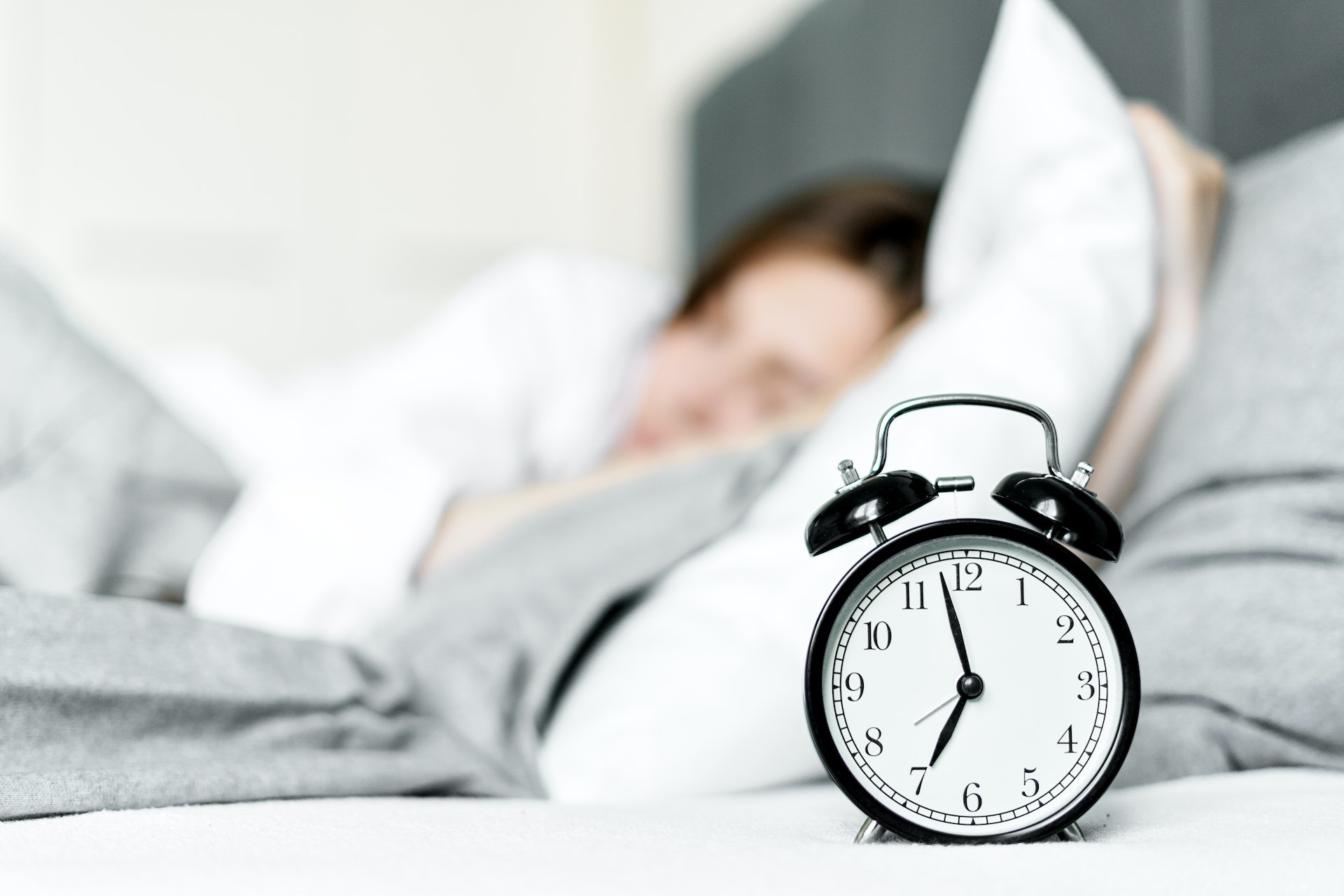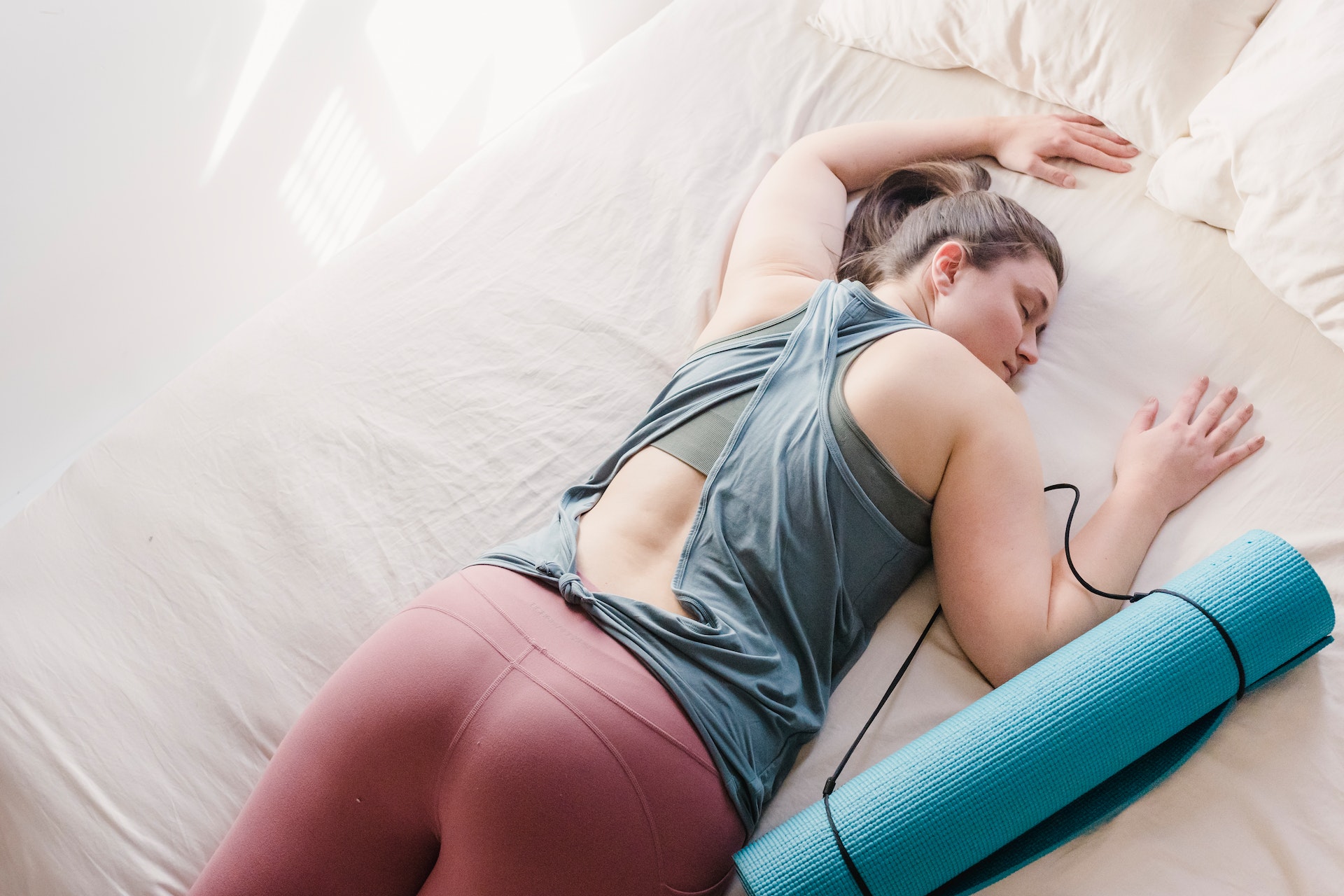Good Sleep Hours To Recover As Much As Possible

Sleep is a fundamental process in our body, and it’s essential to have a good night’s rest to wake up feeling refreshed and ready for the day. Unfortunately, good sleep habits can be difficult to achieve given our busy lives. But if we make an effort to prioritize sleep and understand the importance of having adequate hours of rest, we can reap numerous benefits. In this article, we will explore why it’s important to get enough sleep each night and how you can work towards establishing better sleep hours.
Why is sleep important?
Sleep is important for many reasons. It helps your body to repair and regenerate cells, reduces stress, and improves your mood and overall sense of well-being. Getting enough sleep is also crucial for maintaining a healthy weight, as it helps to regulate hormones that control appetite.
What are good sleep hours?
There are many opinions on what are good sleep hours, but the consensus is that most people need around 7-8 hours of sleep per day. This is the amount of time that allows your body to fully rest and recover from the day’s activities. Getting enough sleep is important for both your physical and mental health. When you don’t get enough sleep, you can feel tired, irritable, and have difficulty concentrating. You may also be at risk for more serious health problems in the long term.
If you’re struggling to get enough sleep, there are a few things you can do to improve your sleeping habits. First, make sure that your bedroom is dark, quiet, and cool. This will create an environment that is conducive to falling asleep. Second, establish a regular sleep schedule by going to bed and waking up at the same time each day. Finally, avoid caffeine and alcohol before bedtime as these substances can disrupt your sleep. If you follow these tips, you should be able to get the restful night’s sleep that you need.
The benefits of sleep in certain hours
Most people don’t know that there are certain sleep hours that are better for recovery. When you sleep, your body goes through a natural process of repair and rejuvenation. This is why it’s important to get enough sleep every night.
However, not all sleep is created equal. There are certain hours of sleep that are more beneficial for recovery than others. Here are good sleep hours for recovery:
10 pm – 12 am: This is when your body does the majority of its repair and regeneration. Getting at least two hours of sleep in this window will help your body recover from the day’s activities.
2 am – 4 am: This is when your body detoxifies and cleanse itself. Getting even just one hour of sleep in this window can help boost your immune system and detoxify your organs.
6 am – 8 am: This is when your body recharges itself with energy for the day ahead. Getting at least one hour of sleep in this window will help you feel more energized throughout the day.
So, if you want to maximize your recovery, make sure to get at least two hours of sleep in the 10 pm – 12 am window, and try to get at least one hour of sleep in the 2 am – 4 am and 6 am – 8 am windows as well.
How many hours of sleep do you need?
Most people need 7-9 hours of sleep a day to feel rested and recovered. However, some people may need more or less sleep depending on their age, health, activity level, and other factors. If you are not getting enough sleep, you may feel tired during the day, have trouble concentrating, and be more likely to get sick.
What is more important – the quality of sleep or the number of hours?
There are a lot of different opinions on what is more important when it comes to sleep – the quality or the quantity. And, unfortunately, there is no easy answer. The truth is that both are important in their own ways and it really depends on the person’s individual needs.
For some people, they feel that as long as they get a few hours of decent sleep, that’s all that matters. They can function just fine on 6 or 7 hours of sleep as long as it’s restful sleep. Other people, however, need at least 8 hours of sleep to feel rested and ready for the day. And then there are people who need even more than that – 9 or 10 hours – to really feel like they’ve had a good night’s sleep.
As for the quality of sleep, that’s a bit more tricky to quantify. Some people can fall asleep easily and stay asleep through the night without any issues. Others may have difficulty falling asleep in the first place or may wake up several times throughout the night, which can make for a very restless night.
So, what is more important – quality or quantity? Ultimately, it depends on the person and what their body needs in order to feel rested and rejuvenated.
Why is it better not to overeat before going to bed?
There are a few reasons why it is better not to overeat before going to bed. The first reason is that it can lead to indigestion and discomfort. When you overeat, your stomach has to work overtime to digest all the food, which can lead to indigestion and heartburn. Additionally, overeating before bed can cause you to wake up feeling bloated and uncomfortable.
Another reason why it is better not to overeat before bed is that it can disrupt your sleep. When you eat a large meal close to bedtime, your body will be working hard to digest the food instead of resting. This can lead to restless sleep and make it difficult to get a good night’s rest.
Finally, overeating before bed can sabotage your weight-loss efforts. If you’re trying to lose weight, eating a big dinner right before bed is not the best strategy. All those extra calories will likely be stored as fat instead of being used for energy overnight. So if you’re trying to slim down, it’s best to eat earlier in the evening and save your last meal for breakfast the next morning.
How to know if you’re getting enough sleep
It’s important to get enough sleep to recover from workouts and prevent injury. But how do you know if you’re getting enough sleep? There are a few signs that you can look for:
1. You feel rested when you wake up in the morning: If you’re getting enough sleep, you should feel rested and refreshed when you wake up in the morning. If you’re still feeling tired, it’s a sign that you need more sleep.
2. You have energy during the day: Getting enough sleep should give you energy throughout the day. If you find yourself feeling sluggish or exhausted, it’s a sign that you need more rest.
3. You don’t need caffeine to get through the day: Caffeine can help us power through the day when we’re tired, but if you find yourself needing it just to make it through the day, it’s a sign that you’re not getting enough sleep at night.
4. You’re able to focus and concentrate: When we’re well-rested, we’re able to focus and concentrate better. If you find yourself having trouble focusing or concentrating, it could be a sign of fatigue and a lack of sleep.
If you’re noticing any of these signs, it’s a good idea to talk to your doctor about how much sleep you should be getting each night. Everyone is different and needs different amounts of sleep, so it’s important to find what works best for you.
Good sleep is essential for health and wellbeing. To get the most out of your sleep, it’s important to find the right balance between getting enough hours of restful sleep and making sure you are well-rested in order to recover as much as possible. The best way to do this is by establishing a consistent bedtime routine that allows you to get enough quality hours of sleep while still having time during the day for other activities. With these tips, hopefully you will be able to improve your overall health and quality of life by getting more restful nights’ sleeps!
Warning: this article does not constitute medical advice. The article contains the author’s personal opinion and personal conclusions and observations. If you have problems with sleep or are interested in other issues related to it, it is better to consult your doctor.









